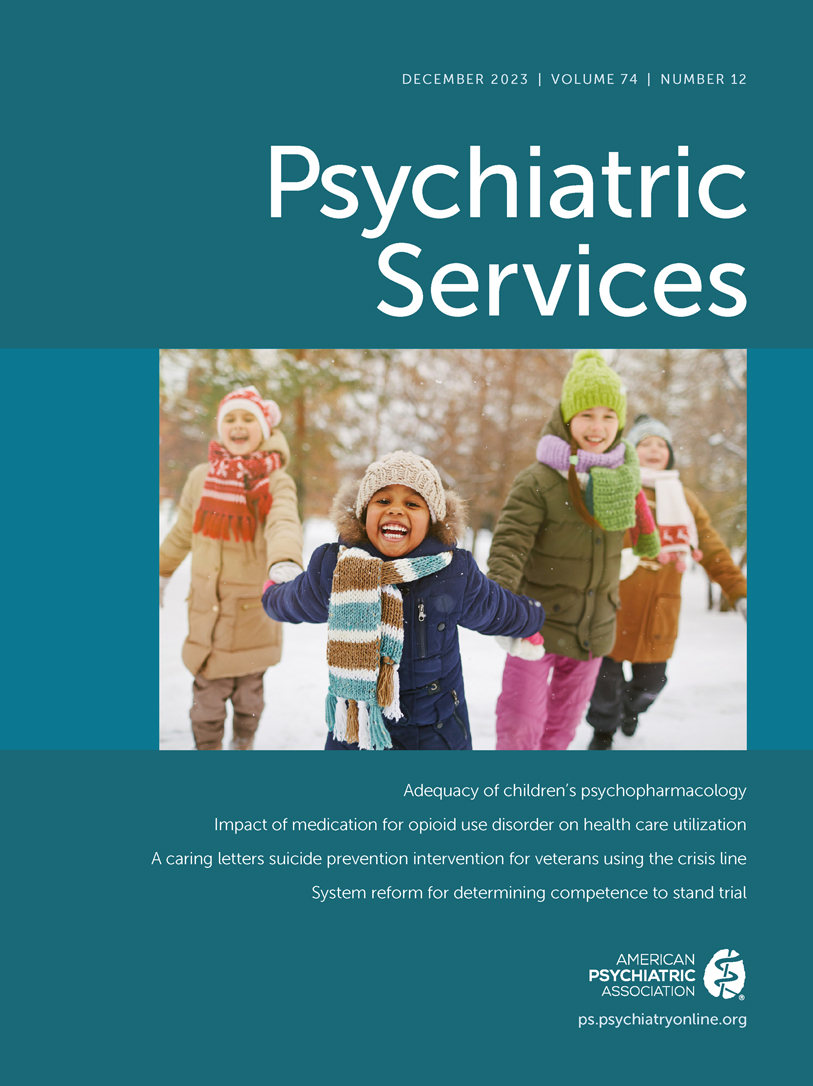Providers’ Use of Pharmacogenetic Testing to Inform Antidepressant Prescribing: Results of Qualitative Interviews
Abstract
Objective:
Pharmacogenetic testing (PGx) for patients experiencing depression has been associated with modest improvements in symptoms. However, little is known about providers’ use of PGx, including how and for whom providers use the test results in clinical decision making. In this article, results from qualitative interviews on the experience of providers participating in a pragmatic trial of PGx are described; implications of the providers’ experiences are highlighted to inform future implementation of PGx.
Methods:
Interviews were conducted with providers participating in the trial (N=61) who treated veterans who had depression. Questions were informed by the Consolidated Framework for Implementation Research. A rapid analytic approach was used.
Results:
Two main themes were identified: perceptions regarding which patients would likely benefit from PGx and approaches to using the test results in prescribing. Providers generally expressed positive experiences with using PGx results. However, the providers varied in application of the test results to clinical decision making regarding medications, were uncertain about how much to rely on the results, and differed in perceptions about which patients would benefit from PGx.
Conclusions:
To support future implementation, policies and procedures are needed, as well as mechanisms to support ongoing provider education on PGx.
Access content
To read the fulltext, please use one of the options below to sign in or purchase access.- Personal login
- Institutional Login
- Sign in via OpenAthens
- Register for access
-
Please login/register if you wish to pair your device and check access availability.
Not a subscriber?
PsychiatryOnline subscription options offer access to the DSM-5 library, books, journals, CME, and patient resources. This all-in-one virtual library provides psychiatrists and mental health professionals with key resources for diagnosis, treatment, research, and professional development.
Need more help? PsychiatryOnline Customer Service may be reached by emailing [email protected] or by calling 800-368-5777 (in the U.S.) or 703-907-7322 (outside the U.S.).



